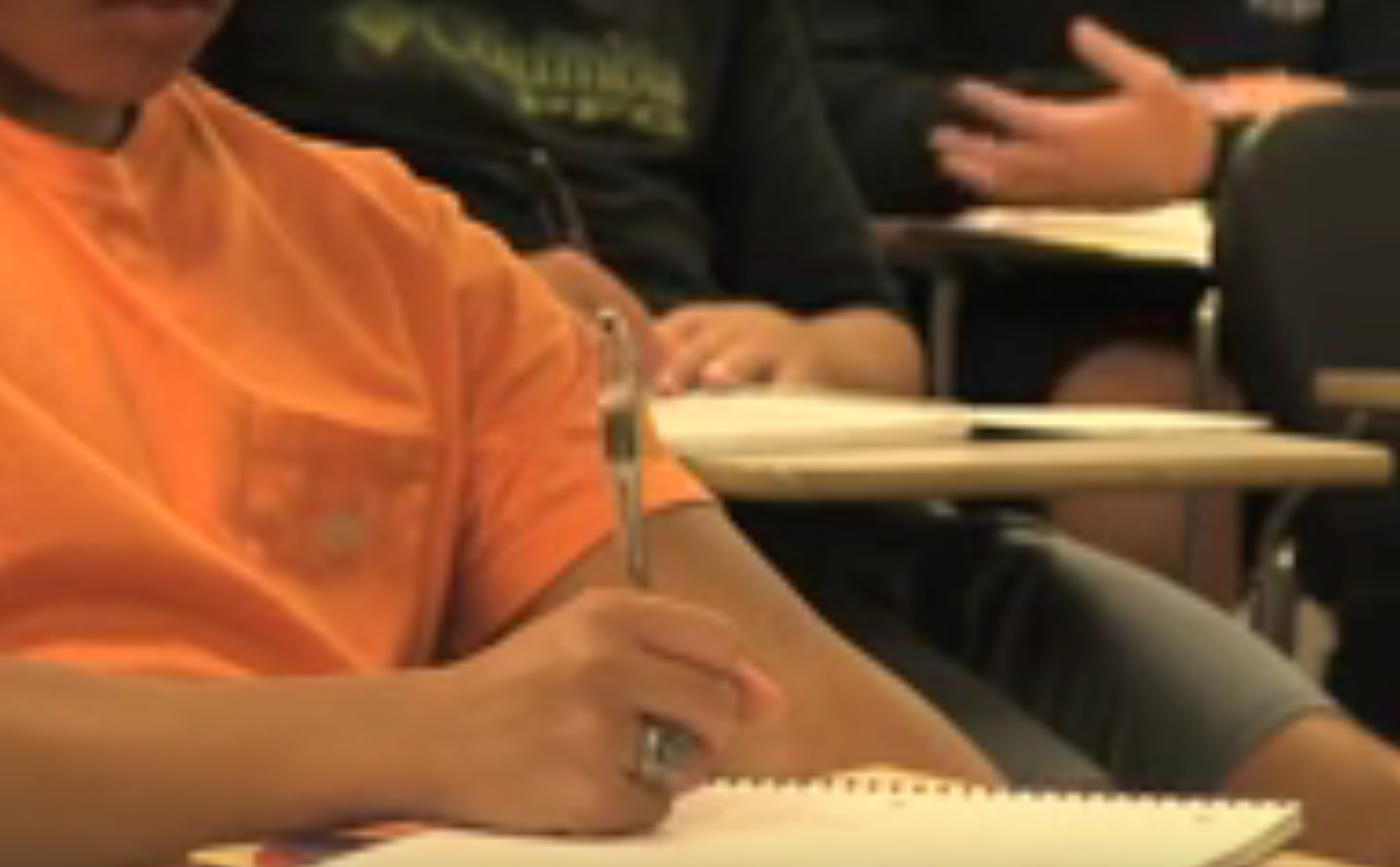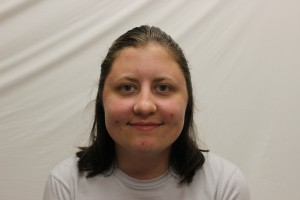

If the tortured screams of Truman State students are anything to go by, I am not alone in hating math.
Okay, so maybe “tortured screams” is overstating it a bit, but if there’s one thing most students — at Truman or any other college across the nation — can agree on, it’s that math sucks. I am a communication major and English minor because I enjoy working with words, not numbers. In fact, I make it a point to tell any math or accounting majors I meet they are braver than I am, because I cannot fathom handling the work involved in their classes.
I understand I have chosen to go to a liberal arts school, and I also understand the reasoning behind requiring us to take classes in statistics, college algebra and trigonometry, and/or pre-calculus. Equations are all around us, and a fundamental understanding of math likely will make students more employable, wellrounded individuals. But I think with a little tweaking, the math requirements at Truman could be more bearable, or at least seem to provide skills every student will need at some point during their lives.
I think one of the liberal studies program math requirements should be switched out for a personal finance class, such as BSAD 200 — Personal Finance. This class focuses on “management of household and personal finances,” including budget management, borrowing, investments, taxes, insurance and savings, according to the Truman course catalog description. The average student-loan debt for students who graduated last May is more than $35,000 — the highest ever, at least until next year, according to a May 8 Wall Street Journal article. To top it off, nearly 71 percent of bachelor’s students will graduate with student loans, according to the same article.
Colleges, therefore, need to be preparing students for the impending financial reality that they will enter the real world and need to quickly start paying off those loans. A personal finance class would go a long way toward helping students figure out how to handle that responsibility. If colleges are going to put students into debt, they should teach them how to get out of it.
The valuable information a personal finance class could provide doesn’t only become relevant after students graduate. I am one of the 58 percent of Truman students who live off-campus, according to an overview of Truman by U.S. News and World Report. I have been a part of that 58 percent since my sophomore year, because I realized it was much cheaper for me to live off-campus than stay in the residence halls. Budgeting my money, paying bills on time and more are things I have to know how to handle right now, and I suspect I’d be much better at those tasks if I’d taken a class that showed me how.
I’m not the only student who doesn’t always know what I’m doing when it comes to finances. The statistics are startling — 70 percent of undergrads and 96 percent of graduate students have credit cards, but fewer than 10 percent of those pay off the full balance every month, according to an April 2012 Time article.
“There is no way to describe these results as a success in education of financial literacy,” according to researchers quoted in the Time article.
Let’s take the time now to prevent some future financial pain and teach students valuable life skills. Sure, a personal finance class might be just as painful as trigonometry, but our future selves — and bank accounts — will thank us..

As an Alumnus of Truman State University with 13 years of real world experience on the outside of academia, I must respectfully disagree with the writer’s opinion. None of the liberal arts are less important than the others when it comes to a liberal arts education. Mathematics classes at the University level are not about algorithms, they’re about understanding. Plugging and chugging personal finance formulas may help on occasion in life, but for most of that you will easily be able to use a purpose built calculator. While understanding personal finance is important, I don’t see it as a full semester course. Instead I suggest reading some books on the subject as part of your quest to be a lifelong learner.
Concepts taught in mathematics courses are often applied in the business world. It’s much easier to apply when you have been exposed to the concepts prior. I took Statistics at Truman. Without a lot of reading I couldn’t do much at all with statistic problems now, but I do have an understanding of the field which helps me comprehend data given to me by statisticians in the line of business.
Albert Einstein is quoted as having said, “Education is what remains after one has forgotten what one has learned in school.” Nothing can remain if you never studied it at all.